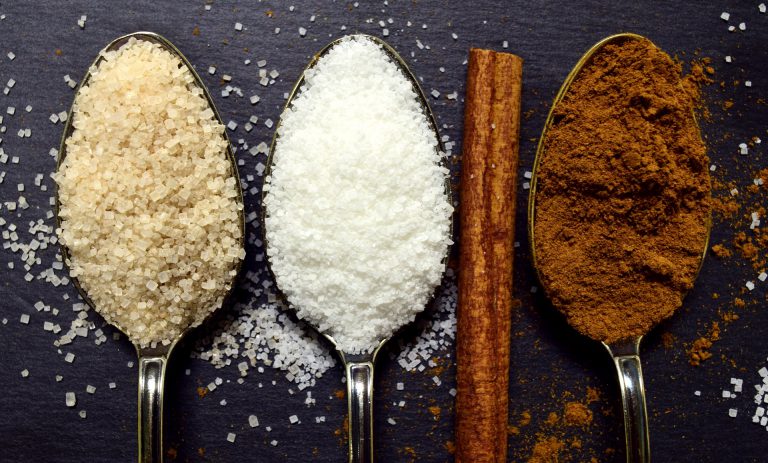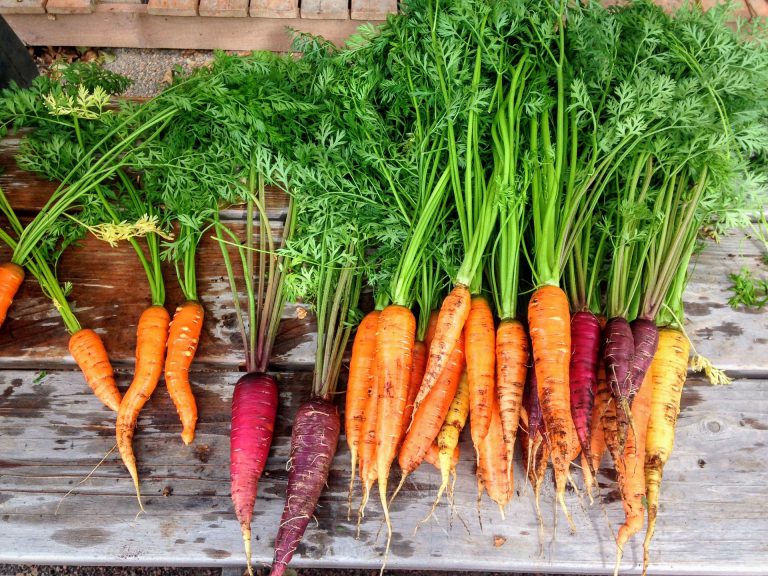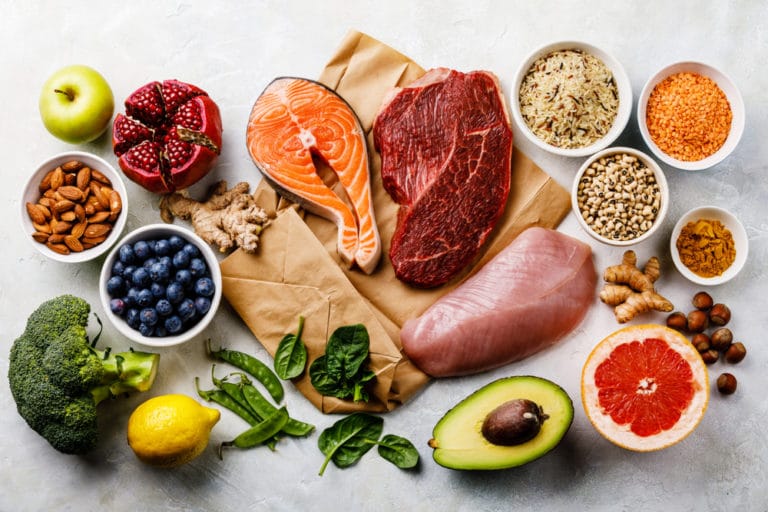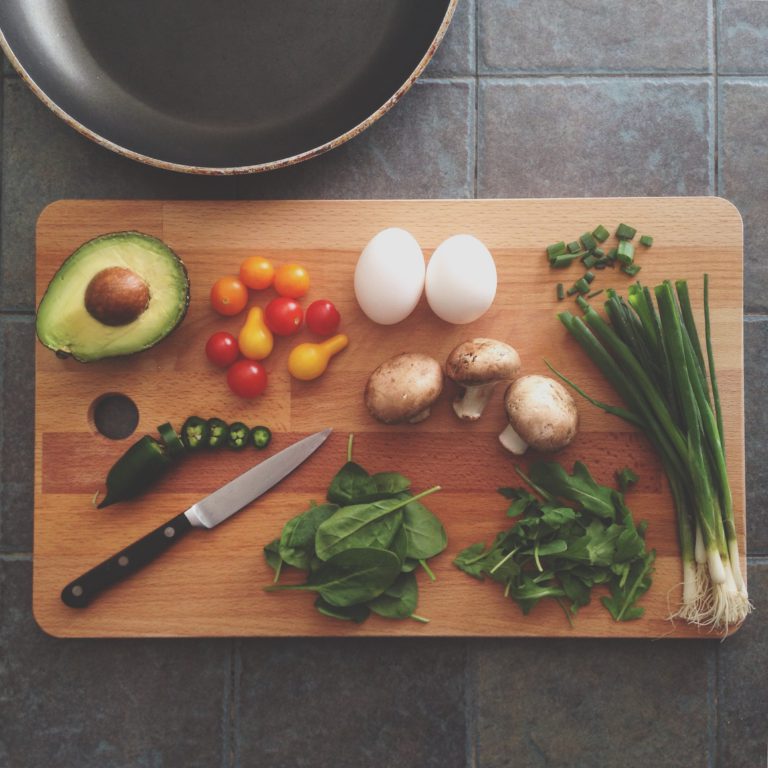What You Need to Know About Sugar & Diabetes
Understanding sugar can be difficult – what are natural sugars, what are refined sugars, added sugars, glucose, fructose, LACTOSE!? Reading the food label can often result in a headache. We are here this week to break down sugars and make it simple.
To summarize – sugar is a carbohydrate that our body converts into glucose, which then gives us energy.
Natural sugars can be found in fruits, vegetables and dairy products. These products provide our body with the necessary nutrients that keeps us healthy. Food that contains natural sugar, such as fruit, also contains a lot of fiber which slows down the digestion process and prevents your blood sugar levels from rising rapidly. This also means that we are left feeling full for a longer period of time after eating fruit.
On the other hand, refined sugar is that which is modified and extracted from sugar cane or sugar beets. It is primarily added to food to add more flavor and texture, for example when we are baking or into our hot drinks. Other processed sugar includes high-fructose corn syrup, which is a sweetener that’s made from processed corn starch. Refined sugar does not break down well in our bodies – it causes blood sugar levels and insulin to spike, and leaves us feeling hungry.
Most of the processed food that we eat contains added sugars, which have a lot of calories and offer little nutritional value. If there is a lot of sugar already in your system (regardless if it came from natural or processed sources), then digested food will start to slowly form into fat. If left unmonitored, consuming too much sugar can lead to heart disease, diabetes and tooth decay.
The hardest part of minimizing or cutting out refined sugar from your diet is that it is found in everyday foods – dried fruit, cereal, granola, ketchup and other condiments, yogurts, and fruit juices.
Reducing your refined sugar intake can improve your overall health significantly, especially helping to reduce body weight. Below we will discuss several ways that you can start to control your sugar intake.
1) Stop drinking sugary drinks! This advice is one that we all know, but it is difficult to accomplish. Sugar can be addictive, and many people find it difficult to just quit drinking Coca Cola or Fanta. You have to also be careful about what kind of fruit juice you drink – if you are buying juice that is predominantly made from fruit concentrate, there will probably be a lot of added sugar. Instead, try to up your intake of water (which can be infused with fruits for flavor) or stop adding sugar to your tea or coffee.
2) With that being said, try to cut out desserts which are made of a lot of sugar. Its okay to treat yourself, but not every day! Like mentioned before, sugar is addictive and sometimes you just crave a doughnut or some ice cream. Instead, try to swap it out for fresh or baked fruit, dark chocolate, Greek yogurt, or berries.
3) If you are trying to lose weight, you may be tempted to buy low-fat versions of food. However, oftentimes the low-fat product will contain more sugar than the full-fat option! For example, a small serving of low-fat vanilla yogurt has 16 grams of added sugar, whereas a full-fat plain yogurt has only 5 grams. It is easy to get sucked into the marketing, but make sure that you are doing your research when it comes to foods that are marketed as diet foods.
4) Start to read labels and inform yourself on what you are consuming. It may be tempting to simply pick up your favorite items off the shelf without giving it much thought, but you may be unaware of how much sugar is actually inside; it may make you think twice about buying it.
Good blood sugar control and regular eye exams are among the best things one can do to prevent or control eye changes from diabetes. If you were recently diagnosed with type 2 diabetes, then schedule an eye exam as soon as possible.









